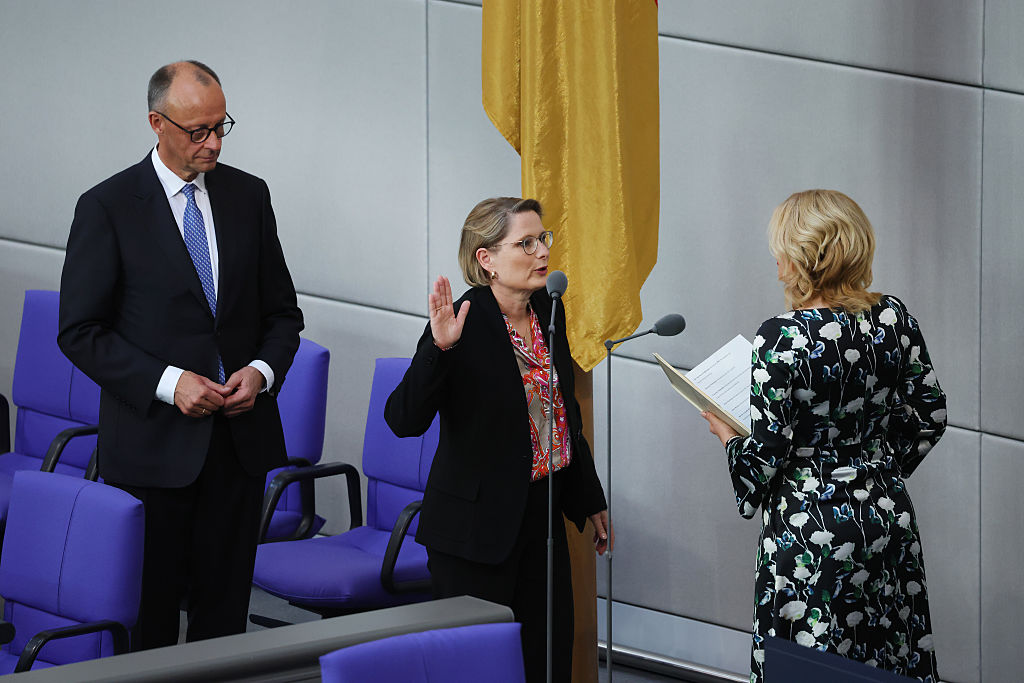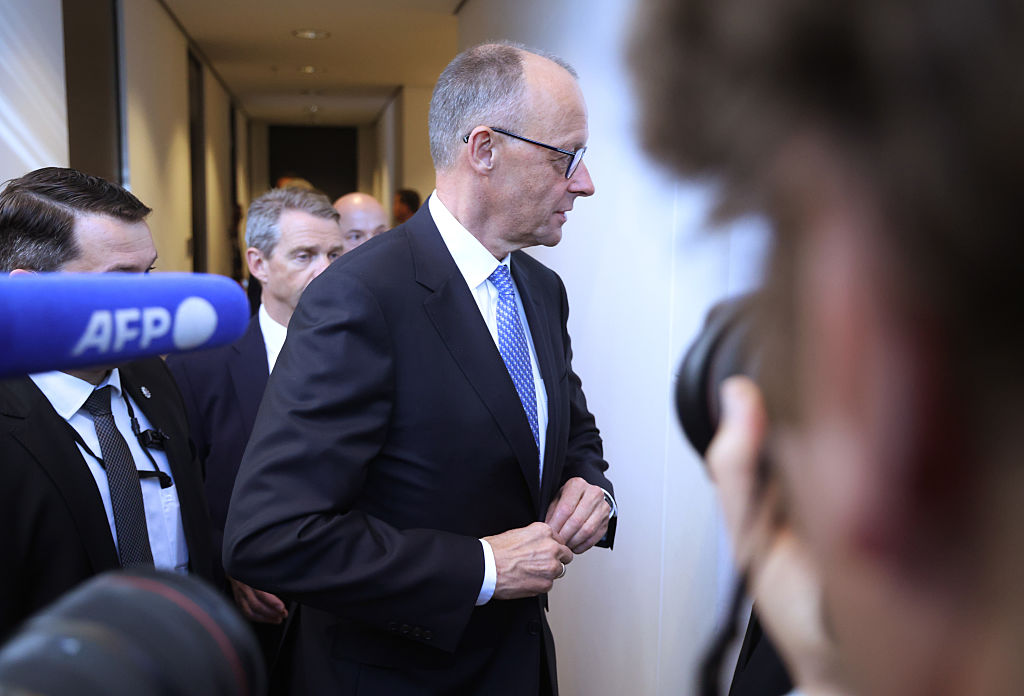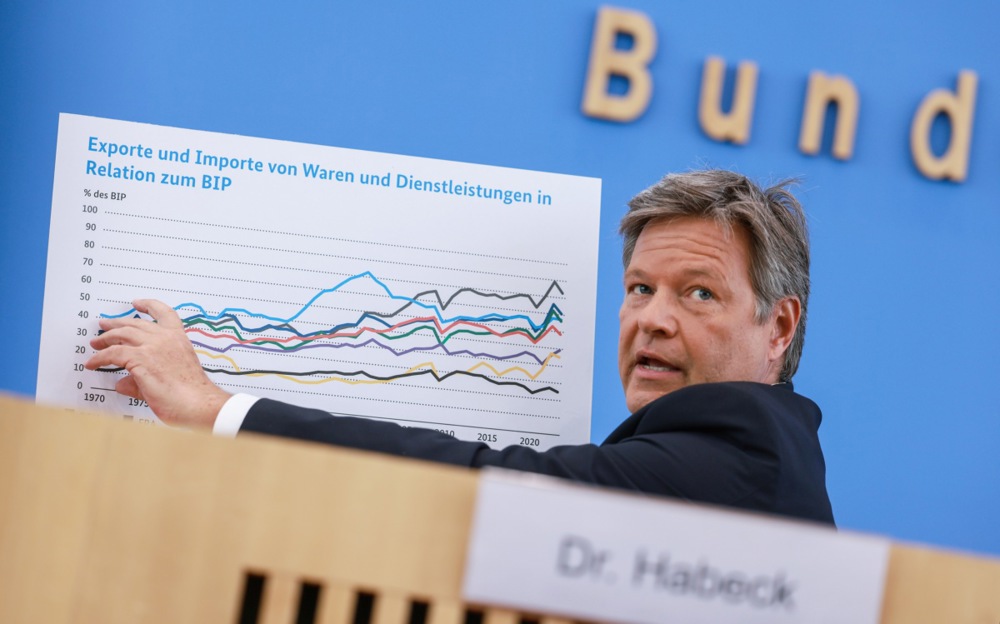A cancelled cut of the tax on electricity is causing friction between Germany’s Conservatives (CDU) and Social Democrats (SPD) who formed a coalition government that took up office only in May 2025.
On 26 June CDU heavyweight Hendrik Wüst, prime minister of the state of North Rhine Westphalia, warned finance minister Lars Klingbeil (SPD) of breaching the two party’s coalition agreement.
In this contract CDU and SPD had agreed to act against Germany’s cripplingly high electricity prices by reducing the tax burden. The passage reads: “As a first step, we will reduce the electricity tax for everyone to the European minimum level as quickly as possible and reduce the transmission grid fees in order to achieve rapid relief of at least €0.05 per kWh”.
However, when finance minister Klingbeil presented his federal budget for 2025 and 2026 on 24 June the agreed-upon tax reduction had been scrapped. A speaker for Klingbeil justified this decision with “budgetary constraints” – even though the minister’s plans comprise a record-breaking net new debt of more than €143 billion for 2025 alone.
Wüst criticised Klingbeil’s plans, telling news site RND: “The tax reduction was already firmly agreed as a further milestone on the way to greater competitiveness and relief for Germany as a business location. However, the current actions of the finance minister are now jeopardising this key promise of relief.”
Wüst said the electricity tax cut was one of the key economic promises of the new government. “In view of people’s expectations of the new federal government, I can only warn Lars Klingbeil not to cause a breach of the coalition agreement at this crucial point”, Wüst continued.
Business associations were also critical. Jörg Dittrich, president of the craftsmen’s association ZDH, said: “The German government’s announcement that it will not implement the planned reduction in electricity tax for all craft businesses after all is a blow to SMEs.” Achim Dercks, deputy manager of industry association DIHK, said: “The fact that even a small amount of relief is not possible despite the enormous debts that the federal government has earmarked in its budget cannot be explained to the many companies affected.”
Germany has one of Europe’s highest electricity taxes. Households pay on average €0.02 per kWh plus VAT on the tax itself. According to comparison portal Verivox a reduction to the European minimum of €0.001 per kWh would save an average German family more than €90 per year.
German electricity prices for households are the second-highest in Europe at circa €0.40 per kWh – surpassed only slightly by Ireland – according to Eurostat. According to business association BDEW 29 per cent of the final electricity price consists of various taxes. Another 29 per cent are transmission fees. The cost of the actual electricity only amounts to 42 per cent of the final price.





